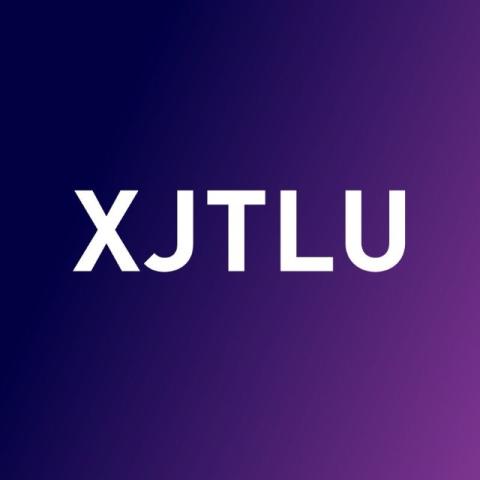
Supporting self-directed learning across cultural boundaries
Have you ever wondered how to boost the online learning performance of your students? Here, we share insights from a recent study investigating students’ self-directed learning abilities, cultural orientation and online learning performance.
An assumption about Chinese students is that their academic performance is more likely to be influenced by the Confucian cultural heritage than self-directed learning.
In the Confucian culture, the portrait of a hard-working Chinese learner is someone dedicated to glorifying family reputation by pursuing academic excellence, upholding collective values, respecting their teachers and following their instructions with dedication.
Self-directed learning, with its emphasis on self-autonomy and internal motivation, appears to be at odds with this. This leads to the assumption that these Chinese students are not self-directed learners, and they are not able to direct learning according to their own interests.
However, our research of 400 students found that cultural orientation had no direct impact on students’ online learning performance, despite this performance being directly affected by their readiness for self-directed learning.
Here is a summary of what we found from the study of Chinese undergraduate learners:
-
The influence of the Confucian cultural heritage on online learning is weaker than expected
-
Students are able to self-direct in online learning
-
Students value being equal learners.
Cultural orientation does not affect Chinese students’ online performance
The Confucian culture is a representation of collective cultural orientation. Within the collective culture, it further divides into horizontal collectivism and vertical collectivism, with the former valuing equality and the latter emphasising a hierarchical order. Chinese learners are more likely to value horizontal collectivism, or equality, in learning.
However, students did not approve of giving members equal scores in team assessments if they did not contribute the same effort. Students placed greater value on members’ effort than the actual outcome because they felt that even within a team, there should be acceptance of individual differences.
When fully mediated by self-directed learning, a culture of horizontal collectivism, in which the students see themselves as part of a larger group in which all members have equal status, can have a positive effect on students’ online performance.
The collectivist culture alone, closely directing students to learn through institutional requirements, does not drive online performance, the research found. It is self-directed learning that actually leads to an internal drive for students and hence has a positive impact on their online learning.
In fact, the Chinese collective culture supports self-directed learning when it comes to collaboration – if students see themselves as equal and valuable contributors to a larger group, it may positively affect their online learning performance, the research found.
Implications for higher education instructors and practitioners
Whatever Chinese students’ pre-university experience of learning, the right approach to teaching at university level can enhance students’ internal motivation and self-directed learning.
While some people may use default cultural preferences or behaviours as an excuse to doubt the universal effectiveness of certain teaching approaches, we argue that a Western approach, such as self-directed learning, can be adapted across cultural boundaries and enhance students’ innate thirst for learning. Improved performance then becomes a by-product of an interesting learning experience.
So here are some helpful tips for teaching Chinese learners online:
-
Be alert to assumptions about different learning cultures and their limitations – all students are capable of self-directed learning given the proper framework and support
-
Pay close attention to students’ individual learning interests and characteristics to better support their learning
-
In online or blended learning environments, instructors should offer activities designed to promote collaborative and autonomous tasks that allow students to contribute to team goals by offering their own unique insights
-
Timely feedback boosts students’ confidence in self-directed learning. Effective feedback mechanisms in a virtual learning environment (VLE) ensure prompt communication when students need instructors’ guidance or support
-
When it comes to teamwork, instructors should be aware of the group dynamic and make sure a learning activity is structured to allow students to be equal contributors in a team
-
When designing online assessments, instructors should ensure that students’ individual contributions in a team can be explicitly observed or assessed.
And finally, remember that today’s Chinese students are a fast-changing population; therefore, our understanding of this student population should not be confined by its Confucian cultural heritage.
This advice is based on the findings of the research paper “Does culture or self-directed learning drive online performance?” by Qian Wang, Chang Xiong and Jiajun Liu.
Qian Wang is research director of the Academy of Future Education and programme director of the MA in global education; Chang Xiong is lecturer at HeXie Management Research Centre; and Jiajun Liu is an assistant professor in the department of educational studies, all at Xi’an Jiaotong-Liverpool University.




